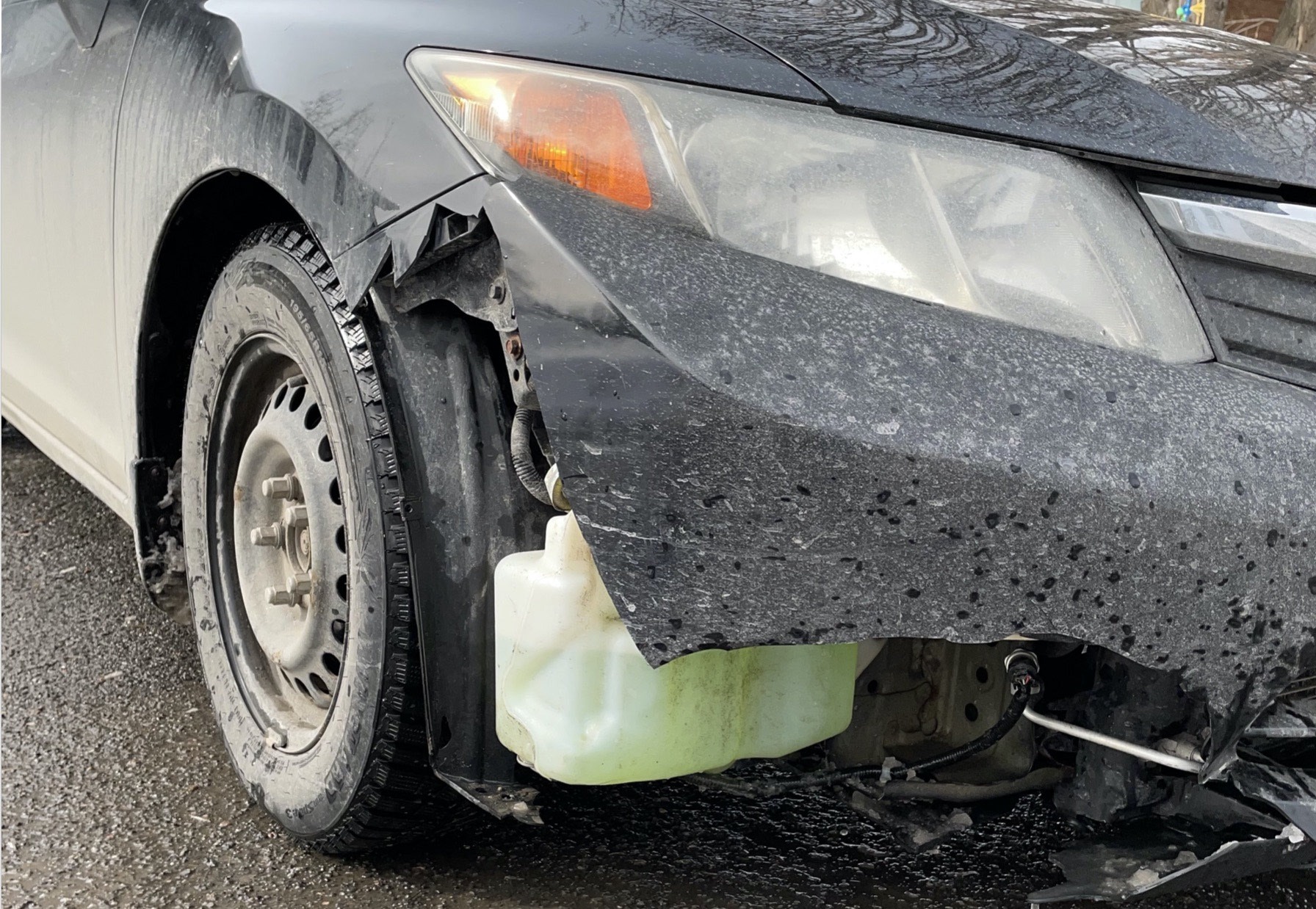Rising road fatalities in Quebec prompt urgent call for national safety strategy
Tashi Farmilo
Quebec is grappling with a concerning uptick in road fatalities and accidents, reaching a 10-year high, according to recent data. In light of this alarming trend, Marco Harrison, director of the CAA-Quebec Foundation, has called for the implementation of a comprehensive national road safety strategy. Harrison's observations were initially published in the Spring 2023 edition of "Routes et Transports," a publication of the Association québécoise des transports (AQTr).
According to Harrison, despite the considerable improvements Quebec has seen in road safety since 1973, additional gains have been increasingly hard to achieve. He points out the success of Nordic countries like Norway, which have adopted the Vision Zero strategy aimed at reducing road fatalities and injuries to zero. In particular, he cited the example of Oslo, which had only one road death in 2019, as a model that Quebec could follow. However, Harrison also noted that the strategy needs to be adapted to the specific demographic and topographical realities of Quebec.
Harrison suggests a systemic approach to road safety, focusing on several key areas such as safe roads, safe vehicles, safe users, safe behaviours, and post-collision health care. For instance, he advocates for the standardization of speed limits to 30, 40, or 50 km/h depending on the type of road environment. This could not only reduce the risks and severity of collisions but also offer better reaction time to motorists and improve the feeling of security in residential neighbourhoods.
Harrison also emphasized that merely revising laws wouldn't suffice. Laws need to be effectively enforced through a combination of police presence and technology like photo radars. Furthermore, he believes that existing road network development standards need to be updated to better serve the needs of municipalities.
Beyond infrastructural changes, Harrison argues that the strategy must have a robust component that focuses on awareness, prevention, and education. Since human behaviour accounts for 80% of fatal collisions, it is vital that road safety messages be consistently disseminated to encourage better practices among all road users.
Additionally, Harrison calls for a review of the education model for new drivers, particularly the Road Safety Education Program, to align it with the needs and digital preferences of young people today. He underscores the need for collective responsibility in improving Quebec's road safety record and advises against singling out any particular group of road users.
In conclusion, Marco Harrison advocates for a comprehensive national road safety strategy that incorporates elements from successful international models but is tailored to Quebec's unique challenges. He stresses the importance of consultation and coordination among all stakeholders to achieve the objectives set forth. With rising road fatalities, the need for such a strategy has never been more pressing.
Photo caption: An urgent call for a comprehensive national road safety strategy comes as Quebec faces a 10-year high in road fatalities.
Photo credit: Tashi Farmilo





